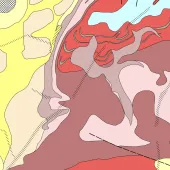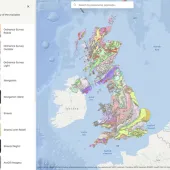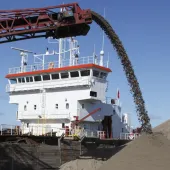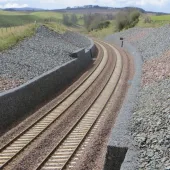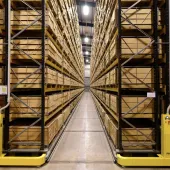Hard evidence for a human-driven Earth

International geoscientists make the case for new geological time period called the Anthropocene
THE evidence for a new geological epoch – the Anthropocene – which marks the impact of human activity on the Earth is now overwhelming, according to a recent paper by an international group of geoscientists.
The Anthropocene, which is argued to have started in the mid-20th century, is said to be marked by the spread of materials such as concrete, aluminium, plastic, fly ash and fallout from nuclear testing across the planet, coincident with elevated greenhouse gas emissions and unprecedented trans-global species invasions.
The scientists have been studying the extent to which human actions have been recorded as measurable signals in geological strata, and whether the Anthropocene world is markedly different from the stable Holocene epoch of the last 11,700 years that allowed human civilization to develop.
They say the Holocene epoch was a time during which human societies advanced by gradually domesticating the land to increase food production, built urban settlements and became proficient at developing the water, mineral and energy resources of the planet.
The proposed Anthropocene epoch, however, is marked as a time of rapid environmental change brought on by the impact of a surge in human population and increased consumption during the ‘Great Acceleration’ of the mid-20th century.
Dr Colin Waters of the British Geological Survey said: ‘Humans have long affected the environment, but recently there has been a rapid global spread of novel materials, including concrete, aluminium and plastics, which are leaving their mark in sediments, while fossil-fuel combustion has dispersed fly ash particles worldwide, pretty well coincident with the peak distribution of the ‘bomb spike’ of radionuclides generated by the atmospheric testing of nuclear weapons.’
According to Jan Zalasiewicz (pictured) of the University of Leicester, a co-author of the research paper and chair of the Anthropocene Working Group, all of this shows that there is an underlying reality to the Anthropocene concept.
‘The study, which was co-authored by 24 members of the Anthropocene Working Group, shows that humans have changed the Earth system sufficiently to produce a range of signals in sediments and ice, and that these are sufficiently distinctive to justify recognition of an Anthropocene epoch in the geological time scale,’ he said.
In 2016, the working group will gather more evidence on the Anthropocene, to help inform recommendations on whether this new time unit should be formalized and, if so, how it might be defined and characterized.




